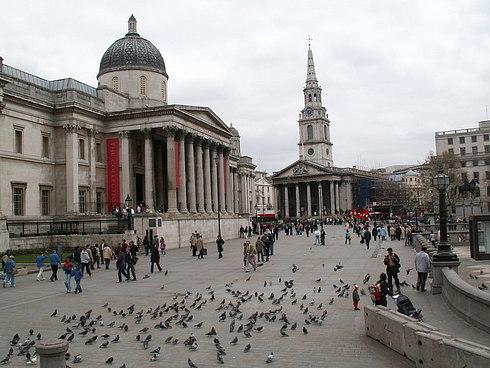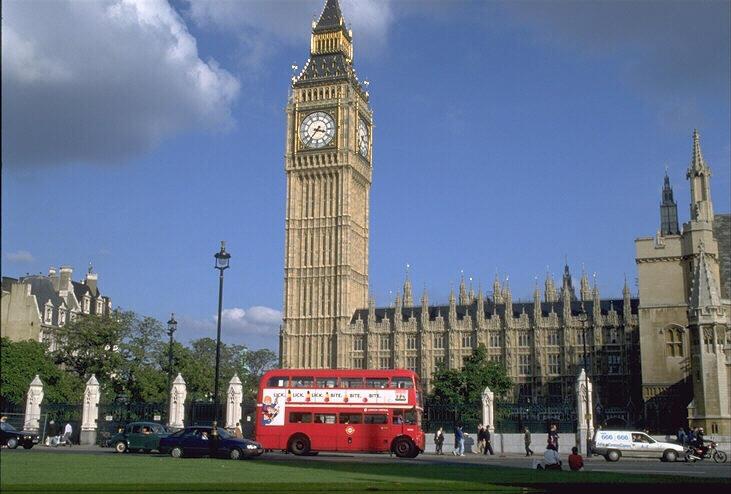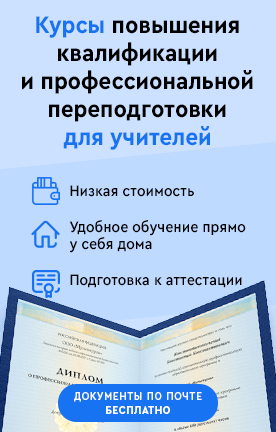London. hraet Britain. Grammar: Prepositions of tome and place.
Создайте Ваш сайт учителя Курсы ПК и ППК Видеоуроки Олимпиады Вебинары для учителей
London. Great Britain. Grammar: Prepositions of tome and place.
Вы уже знаете о суперспособностях современного учителя?
Тратить минимум сил на подготовку и проведение уроков.
Быстро и объективно проверять знания учащихся.
Сделать изучение нового материала максимально понятным.
Избавить себя от подбора заданий и их проверки после уроков.
Наладить дисциплину на своих уроках.
Получить возможность работать творчески.
Просмотр содержимого документа
«London. Great Britain. Grammar: Prepositions of tome and place.»
Полезное для учителя
Распродажа видеоуроков!
1800 руб.
2570 руб.
1570 руб.
2240 руб.
1460 руб.
2090 руб.
1620 руб.
2310 руб.
Курсы ПК и ППК для учителей!
800 руб.
4000 руб.
2760 руб.
13800 руб.
800 руб.
4000 руб.
800 руб.
4000 руб.
ПОЛУЧИТЕ СВИДЕТЕЛЬСТВО МГНОВЕННО
* Свидетельство о публикации выдается БЕСПЛАТНО, СРАЗУ же после добавления Вами Вашей работы на сайт
Удобный поиск материалов для учителей
Проверка свидетельства


 the corner of the street.
the corner of the street. three o'clock; then he'll have to leave.
three o'clock; then he'll have to leave. her son and daughter.
her son and daughter.



















